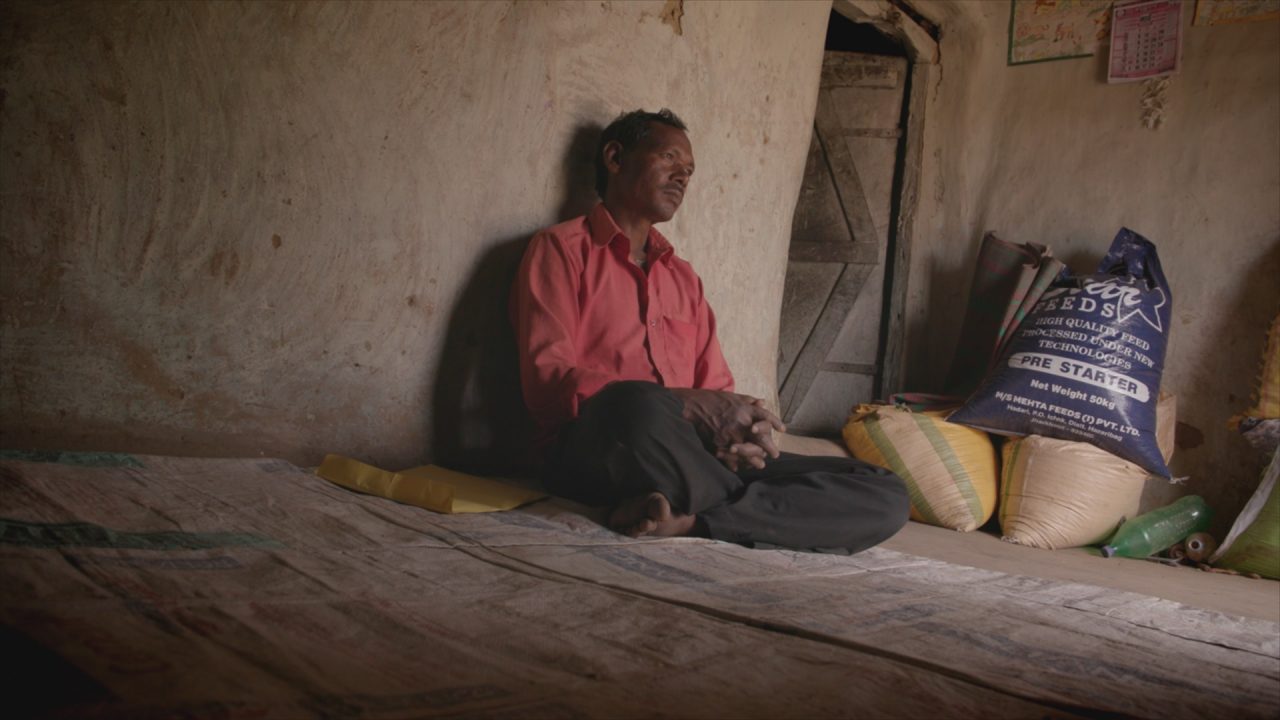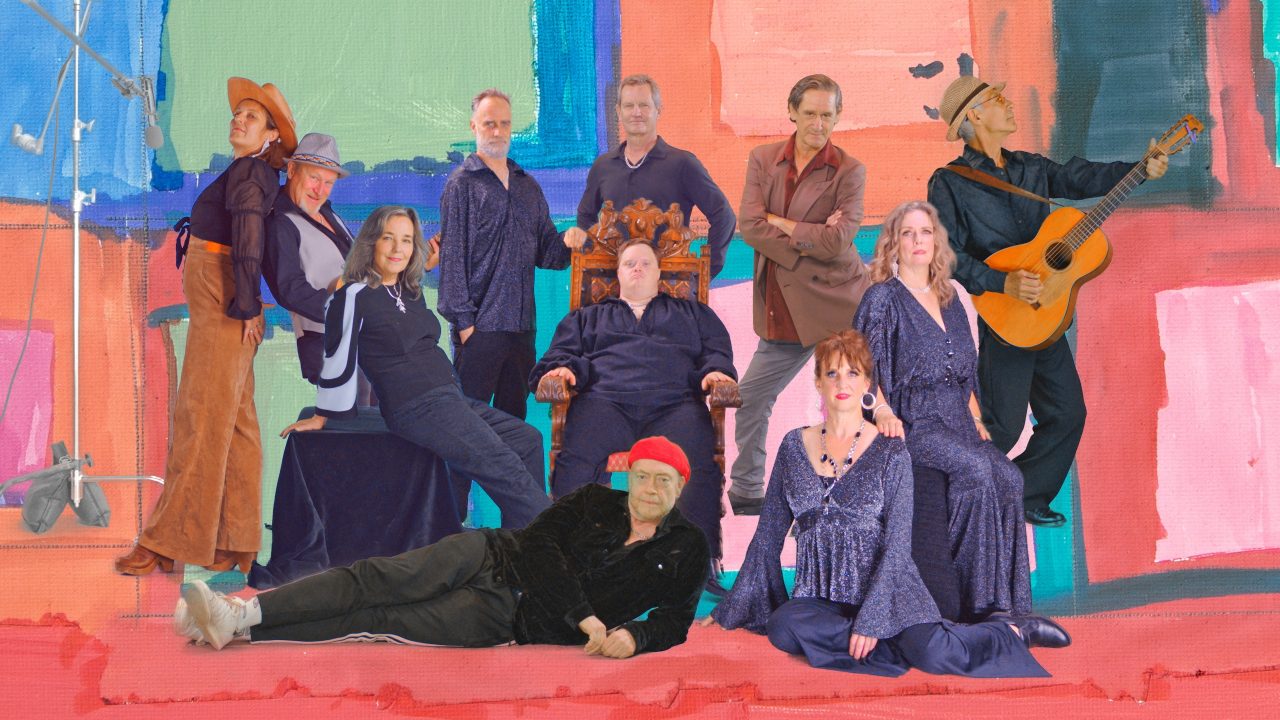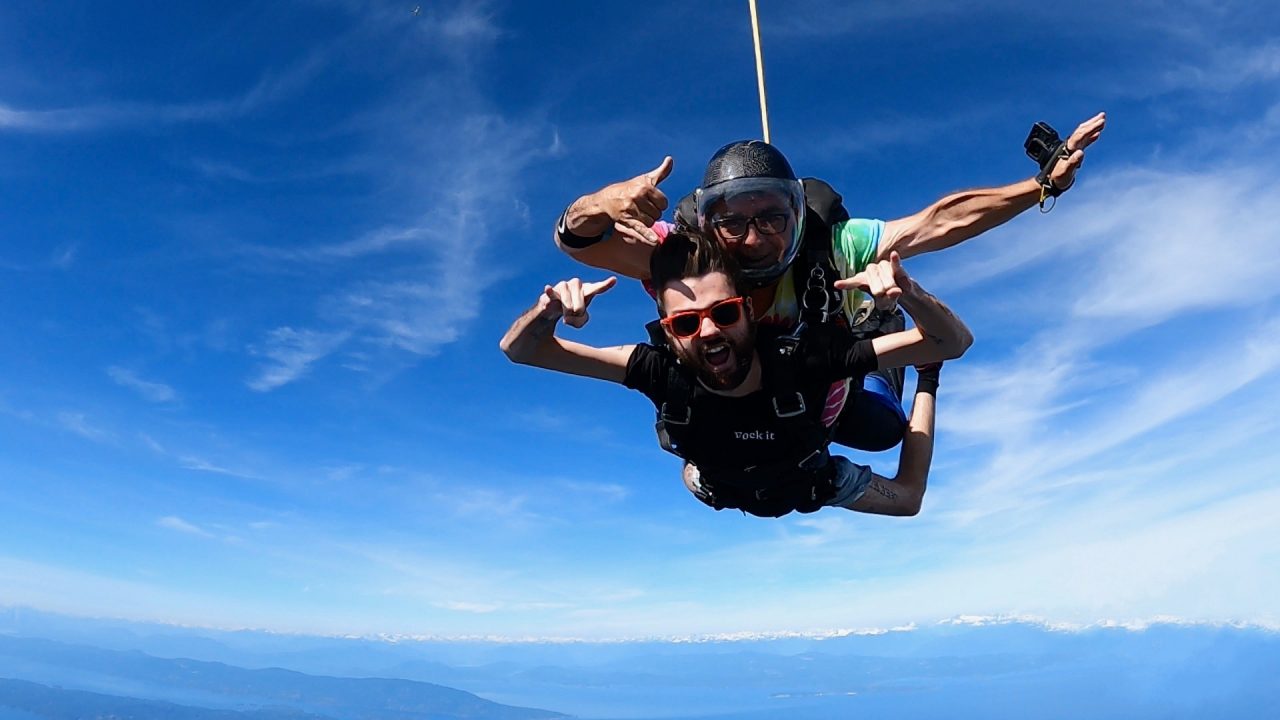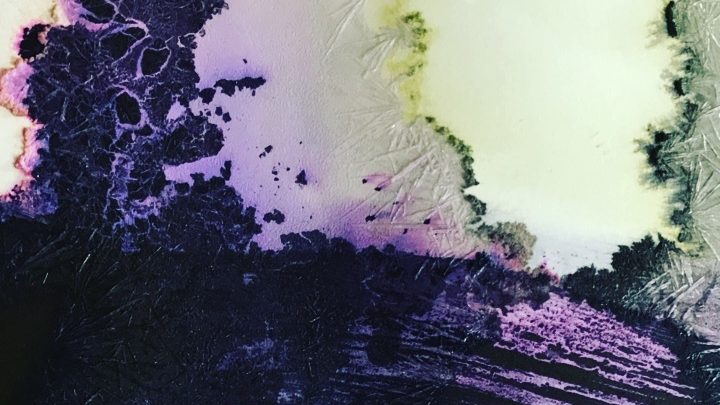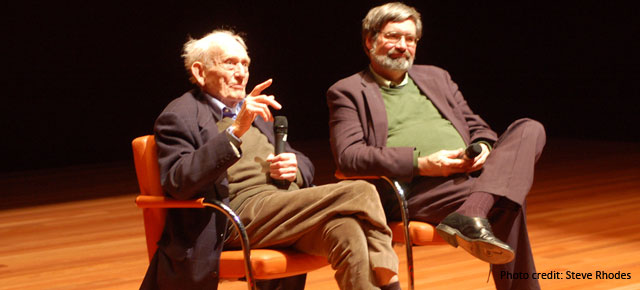
Richard Leacock, pioneer of documentary film, dies at 89
Richard Leacock, pioneer of documentary film, dies at 89
89-year-old documentary filmmaker Richard Leacock died this past Wednesday at his home in Paris.
Born in London, Leacock wrote, directed, filmed and edited a 10-minute film called Canary Island Bananas (he was raised on his father’s banana plantation in the Canary Islands). From there, he forged a career in documentary filmmaking. He moved to the US and majored in physics at Harvard so as to gain a better understanding of the technology involved in his craft.
During this time he worked on other people’s films like To Hear Your Banjo Play and Louisiana Story as a cameraman and assistant editor. He worked with filmmakers like Robert Drew and Roger Tilton. He also worked as cinematographer on a film called Primary, which was a feature film that followed presidential hopefuls John F. Kennedy and Hubert Humphrey during the 1960 Wisconsin primary. For this film, a classic example of the cinema verite style, he worked alongside Drew, Albert Maysles and D.A. Pennebaker.
The critics called Primary “groundbreaking” and was hailed as “perhaps [one of] the most important documentaries since the brothers Lumiere.” All of Leacock’s efforts to use technology to facilitate his craft paid off.
He continued working with Pennebaker and formed Leacock Pennebaker. As a team, they produced films like Don’t Look Back and Monterey Pop.
In the late 60s, he founded a small film school at MIT. Many well-known filmmakers emerged from this school, including Ross McElwee. The last film to bear Leacock’s name in the credits was A President to Remember in 2008, which brought together rare personal footage and well-known archival footage of President Kennedy.
Rest in peace, Richard Leacock, and thank you for your incredible contribution to the craft.
